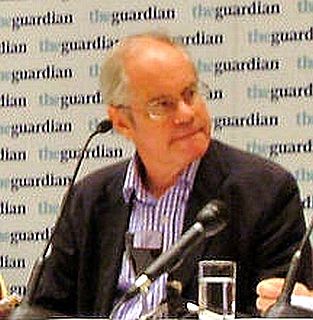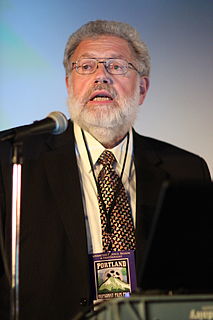A Quote by Elizabeth Flock
The American Humanist Association, whose slogan is 'Good without a God,' created the National Day of Reason with the Washington Area Secular Humanists to raise awareness about government threats to religious liberty and up the profile of the non-religious community.
Related Quotes
Everyone talks about religious liberty, but no one believes it. So let us be blunt about it: we must use the doctrine of religious liberty to gain independence for Christian schools until we train up a generation of people who know that there is no religious neutrality, no neutral law, no neutral education, and no neutral civil government. Then they will get busy in constructing a Bible-based social, political, and religious order which finally denies the religious liberty of the enemies of God.
In contemporary society secular humanism has been singled out by critics and proponents alike as a position sharply distinguishable from any religious formulation. Religious fundamentalists in the United States have waged a campaign against secular humanism, claiming that it is a rival "religion" and seeking to root it out from American public life. Secular humanism is avowedly non-religious. It is a eupraxsophy (good practical wisdom), which draws its basic principles and ethical values from science, ethics, and philosophy.
Incidentally, I am honorary president of the American Humanist Association, having succeeded the great science fiction writer and biochemist Dr. Isaac Asimov. John Updike, who is religious, says I talk more about God than any seminarian. Socialism is, in fact, a form of Christianity, people wishing to imitate Christ.
There is not a truth to be gathered from history more certain, or more momentous, than this: that civil liberty cannot long be separated from religious liberty without danger, and ultimately without destruction to both. Wherever religious liberty exists, it will, first or last, bring in and establish political liberty.
Every time humanists try to get a slot on 'Thought For the Day' on Radio 4, they are told it's reserved for 'the faith community,' whatever that is. Yet 'TfT' is almost always pabulum about how God wants us all to love each other and care for the unfortunate. I'm sure humanists would say much the same, without God.
Much of human progress has been in defiance of religion or of the apparent natural order. The defiance of religious and secular authority has led to democracy, human rights, and the protection of the environment. Humanists make no apologies for this. Humanists twist no biblical doctrine to justify such actions.
Tibet, why is it occupied? For political reasons maybe they have a reason. I don't know. But religiously, why? The fact that the religious community is being oppressed and persecuted is something that every single person in the world who has any religious faith and religious feeling for - for people who have faith should speak up.
I do a certain amount of work in religious communities on these issues. It's not the central focus of my work but it is certainly an area where I have worked a lot. It has gotten much better over the years, especially over the last couple years. There wasn't a religious environmental movement 15 years ago, but there is now - in the Catholic community, the Jewish community, the mainline Protestant community, and in the Evangelical community.


































